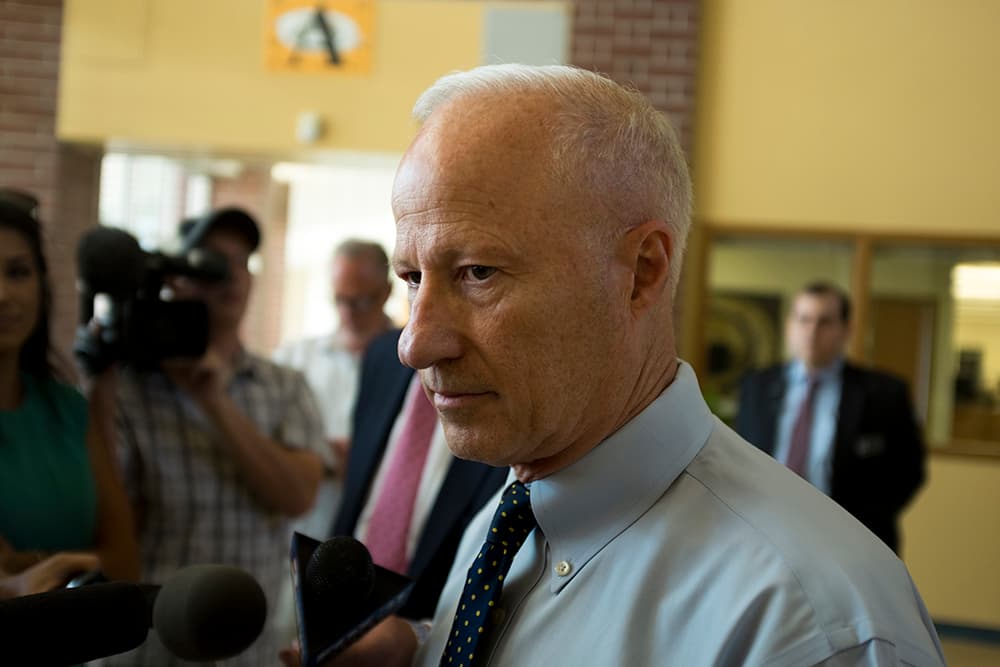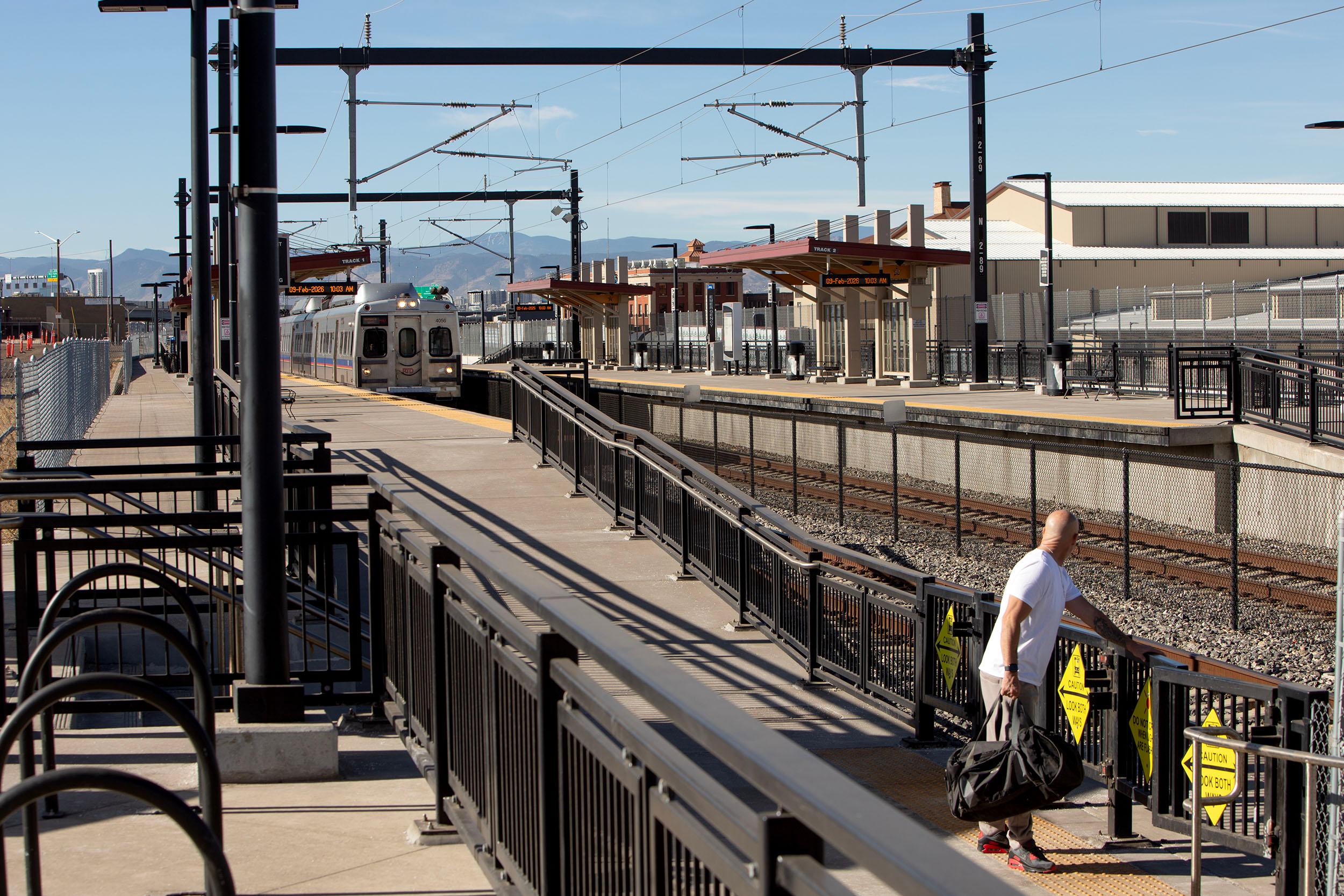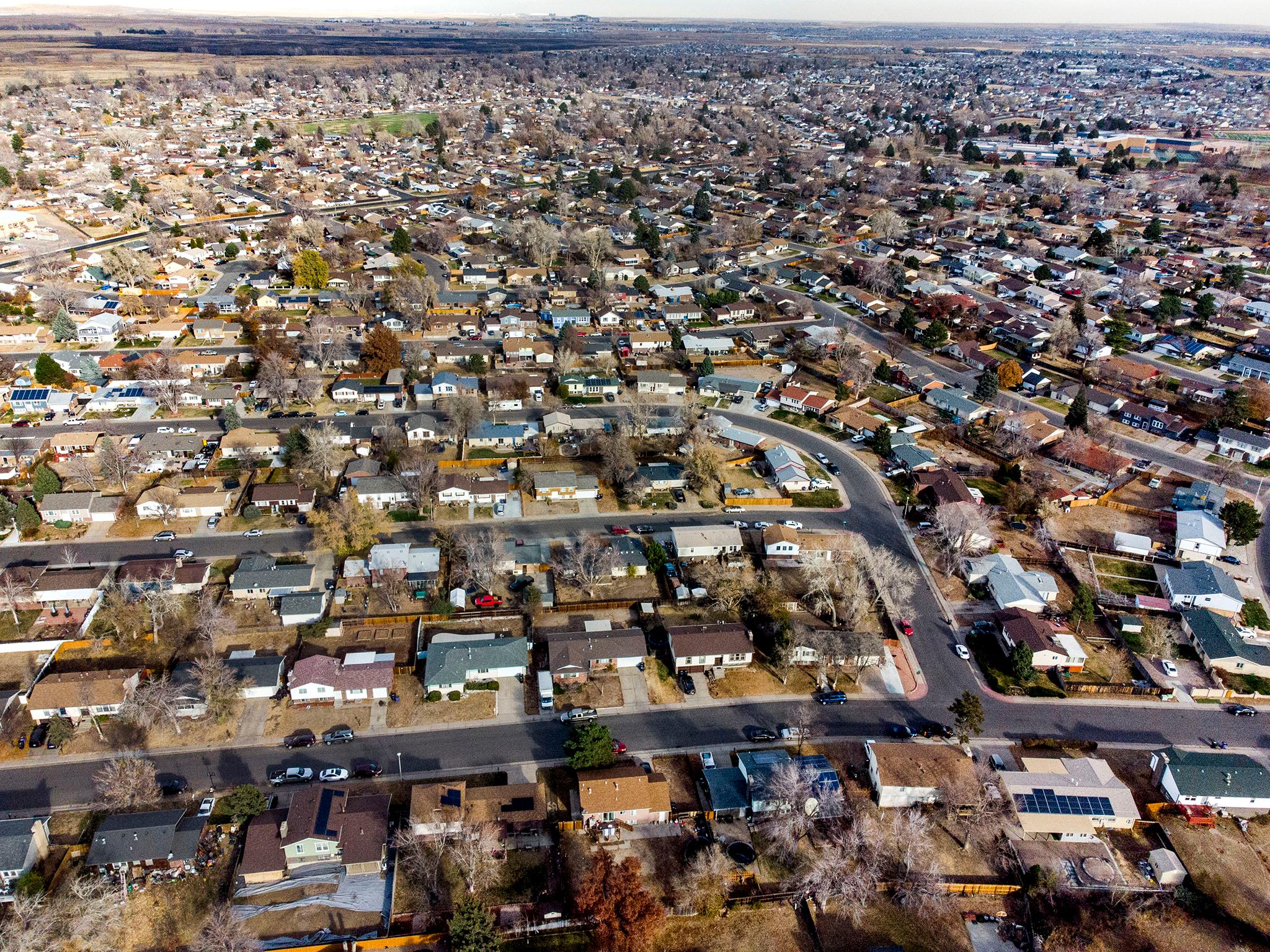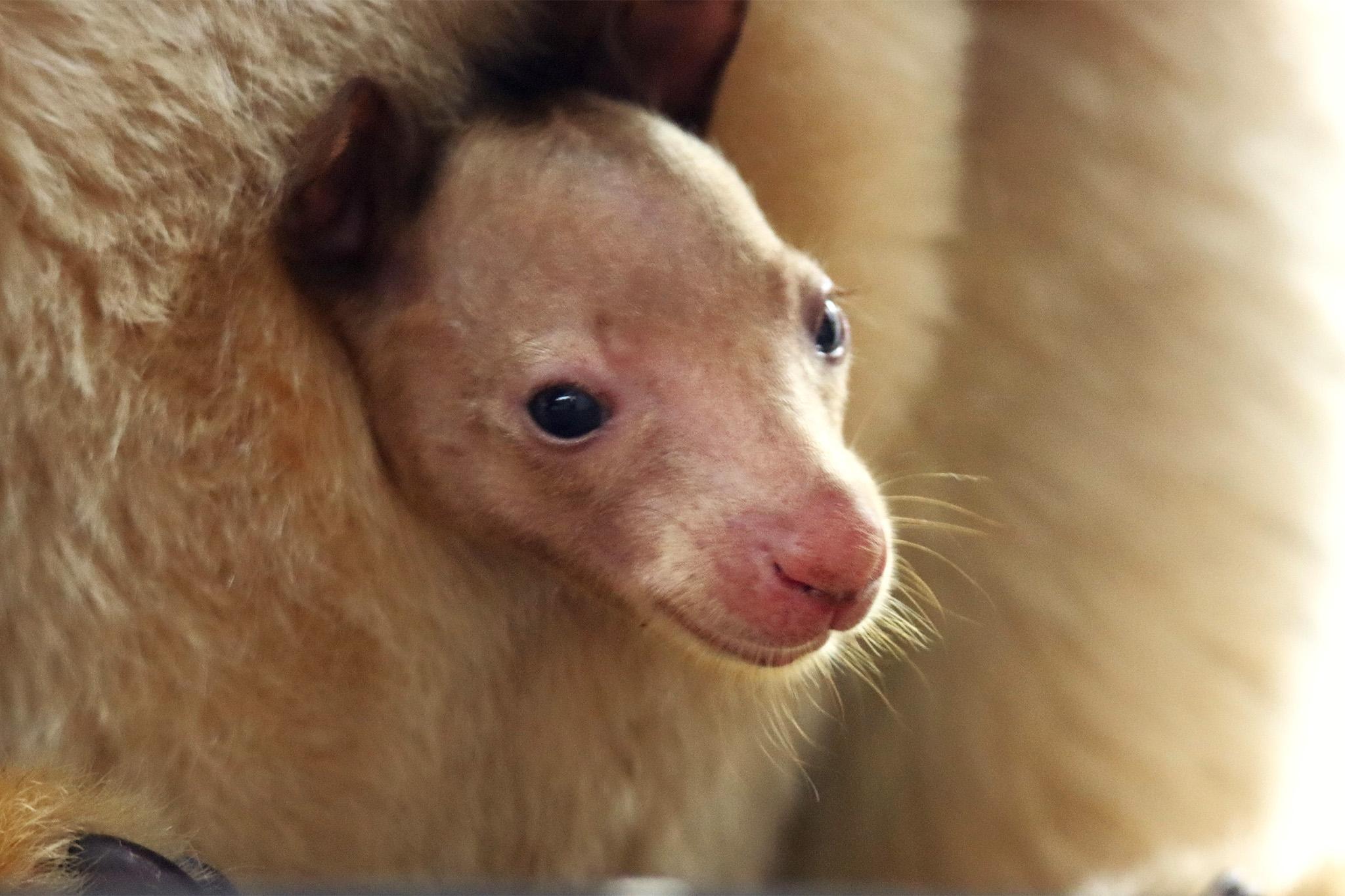U.S. Rep. Mike Coffman plans to introduce legislation on Tuesday that would impose a complete import ban on petroleum products from Venezuela. The ban would be in place until the Venezuelan president dissolves a stacked constitutional assembly rewriting the rules in his favor and instead restores the legislative authority of the National Assembly.
The Protecting Against Tyranny and Responsible Imports Act (PATRIA -- the Spanish word for nation) would prohibit the United States from importing crude oil, motor oil, gasoline, jet fuel, natural gas, kerosene and propane from the South American nation. Venezuela is the third-largest supplier of imported oil to the United States, after Canada and Saudi Arabia, and Gulf Coast refiners have facilities are specifically tailored to Venezuela's heavy crude.
Coffman said consumers probably will see a difference at the pump. However, he said an oil embargo is far preferable to military intervention. President Donald Trump announced sanctions against the Venezuelan regime this week, but he exempted Citgo, the U.S.-based arm of the state-owned petroleum company and an entity with connections to his administration. At the same time, Trump and Vice President Mike Pence have both suggested military options are under consideration in Venezuela, a move welcomed by some in the Venezuelan opposition but one Coffman deemed "the wrong approach."
Coffman announced the legislation at a press conference inside the Colorado State Capitol, where he appeared flanked by members of the Colorado chapter of SOS Venezuela. Venezuelan President Nicolás Maduro has dissolved the National Assembly and called a new assembly filled with his loyalists to rewrite the constitution. More than 120 people have been killed in street protests in recent months, thousands of political prisoners are in custody, the country is ravaged by hunger amid widespread food shortages, people are dying of preventable diseases because medicine is hard to come by and there have been horrifying incidents of vigilante justice against petty thieves as people become increasingly desperate.
"It is time that the United States take steps to bring the Maduro regime to the negotiating table and restore democracy to the people of Venezuela," Coffman said. "I am pleased that President Trump instituted sanctions against Venezuela, but I believe these sanctions are not tough enough to have the necessary impact on Maduro to force him to respect human rights, the rule of law, and to restore the National Assembly."
The estimated impact of a ban on oil exports to the U.S. is about $10 billion for the Venezuelan government. That's also about how much the government has in foreign reserves. Coffman acknowledged that the legislation would also make life even harder for ordinary people in Venezuela, but he said that hardship would be temporary compared to what they would endure if Maduro consolidates power.
Rosalba Guerra, vice president of SOS Venezuela in Colorado, said that as the situation in Venezuela deteriorated over the last decade, it's been hard to get the attention of American politicians.
"This is the first time we've had such a strong statement from a congressman," she said, adding that pressure from abroad is critical. "We cannot get rid of these criminal people without help from the exterior."
For Coffman, foreign affairs are a kind of constituent service. Asked why he took up this issue, he cited the demographics of his Aurora-centered district, though the Venezuelan community in Colorado is relatively small.
"I represent a very diverse district," he said. "I just worked on a resolution for the Ethiopian community about human rights and the Ethiopian government. I'm working on various immigration issues, working to protect the DACA program ... Each immigrant community has its own issues."
And while Coffman's constituents pressed him to take up this issue, he sees a moral imperative.
"The Venezuelan community is not necessarily a large one, but they have relatives in Venezuela who are really suffering," he added. "Venezuela is sliding into a dictatorship that it will never recover from, and the United States is feeding it. We are feeding it by buying the oil that is supporting the government that is paying for the security forces that are killing people on the street.
"And so, yeah, maybe there's some disruption for U.S. oil markets, where maybe you pay a little more at the pump, but the only thing I hear from the administration -- from the president, from the vice president -- they never talked about banning imported oil, but they talked about the possibility of military intervention. Let me tell you, as a combat veteran, the price of American blood, I put a higher premium on that than the price of gas at the pump."
If you want to learn more about the situation in Venezuela, CNN and Al Jazeera have good explainers for how the richest country in Latin America ended up wracked by hunger and on the verge of dictatorship.
Bloomberg has a good breakdown of how oil sanctions might play out.










